Australia legalizes psychedelics for mental health, marking a significant milestone in the country’s approach to therapeutic treatments.
Read more here: New Guidelines Encourage Anxiety Screening During Checkups To Address Mental Health Crisis
Australia Legalizes Psychedelics For Mental Health Treatment
Australia has taken a momentous leap in mental healthcare by becoming the first country to legalize the use of psychedelics for treating certain mental health conditions.
In a significant move, authorized psychiatrists can now prescribe medicines containing psychedelic substances such as MDMA (ecstasy) and psilocybin (psychedelic mushrooms) for patients suffering from post-traumatic stress disorder (PTSD) and treatment-resistant depression.
The Therapeutic Goods Administration (TGA) in Australia made this groundbreaking announcement, signaling a new era in the treatment of mental health issues.
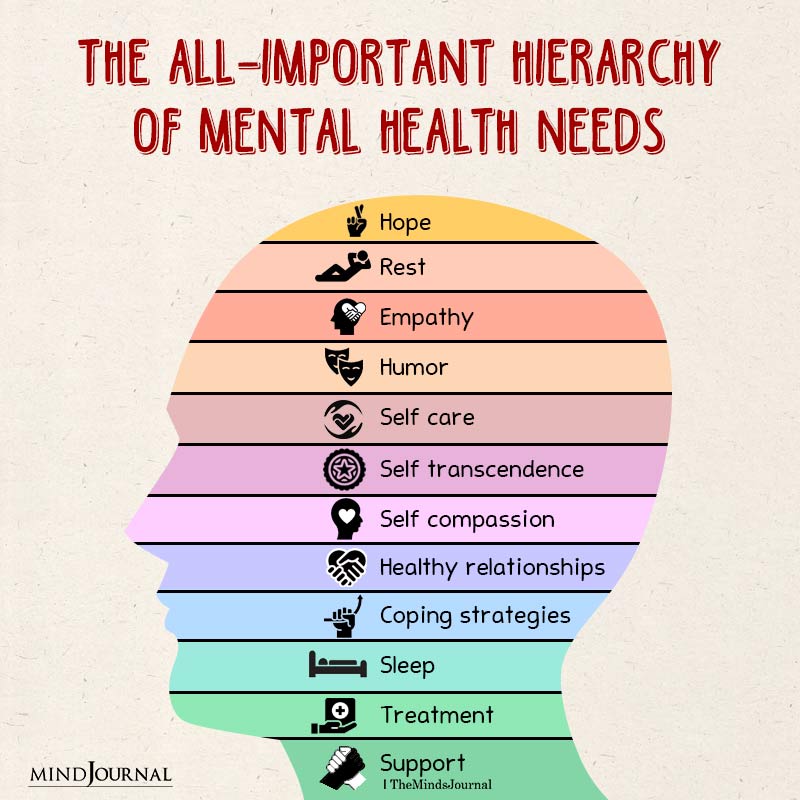
Read more here: Cara Delevingne Speaks Out About Being Sober And Facing The Demons Of Her Anxiety
Importance Of Mental Health:
Mental health is a vital aspect of overall well-being, affecting every facet of a person’s life. Conditions like PTSD and depression can be debilitating, impacting individuals’ quality of life, relationships, and productivity.
Despite advancements in traditional therapies, many individuals continue to struggle with these mental health challenges.
Recognizing the need for innovative approaches, Australia has paved the way for psychedelic-assisted therapy, opening doors to potential breakthroughs in mental healthcare.
The Australian regulatory agency, TGA, introduced the Authorized Prescriber Scheme, empowering qualified psychiatrists to prescribe psychedelics under strict controls to ensure patient safety.
Extensive research has shown promising results, highlighting the effectiveness of MDMA for PTSD and psilocybin for treatment-resistant depression.
By limiting the prescription authority to specialized psychiatrists, the TGA ensures that patients receive expert guidance and individualized care, considering the complexities of serious mental health conditions.
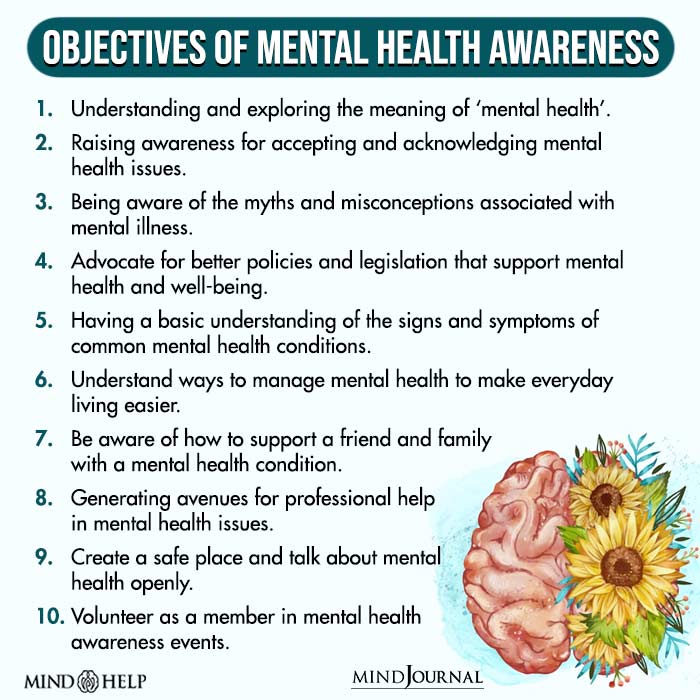
Read more here: Is Loneliness Linked To Early Death? Study Finds Disturbing Psychological Impact Of Social Isolation
Balancing Risks And Benefits:
While acknowledging the potential benefits of psychedelic-assisted therapy, the American Psychiatric Association (APA) highlights the importance of exercising caution due to both short-term and long-term risks.
The APA notes inadequate evidence and potential risks, such as hallucinogen use disorder, warrant further research and controlled medical settings for administering these substances.
Critics raise concerns about the possibility of inexperienced clinicians entering the field, affordability, and oversight of training and patient outcomes.
To address concerns surrounding the use of psychedelics, Australia’s decision to limit prescription authority to authorized psychiatrists reflects a commitment to maintaining high standards of care.
These psychiatrists possess specialized qualifications and expertise to diagnose and treat patients with severe mental health conditions.
Additionally, ongoing research aims to identify individuals who may not respond positively to psychedelic therapy, preventing potential adverse experiences and ensuring the treatment is recommended for the right candidates.
Read more here: Shocking Confession: Husband’s Jaw-Dropping Comment Leaves Wife Stunned – “This Isn’t The Body I Fell In Love With”
Embracing Innovation With Caution:
Dr. Susan Rossell, a psychiatrist at Swinburne University of Technology, urges a cautious approach to embracing psychedelic therapy.
While acknowledging that not everyone will benefit from it, her research suggests promising results for the majority of participants.
However, she emphasizes the need to identify individuals prone to negative experiences, as a small percentage may encounter challenging psychological effects.
By proceeding with care and conducting thorough assessments, medical professionals can maximize the benefits of psychedelic-assisted therapy while minimizing potential risks.
Australia’s landmark decision to legalize psychedelics for mental health treatment marks a significant milestone in the field of psychiatry.
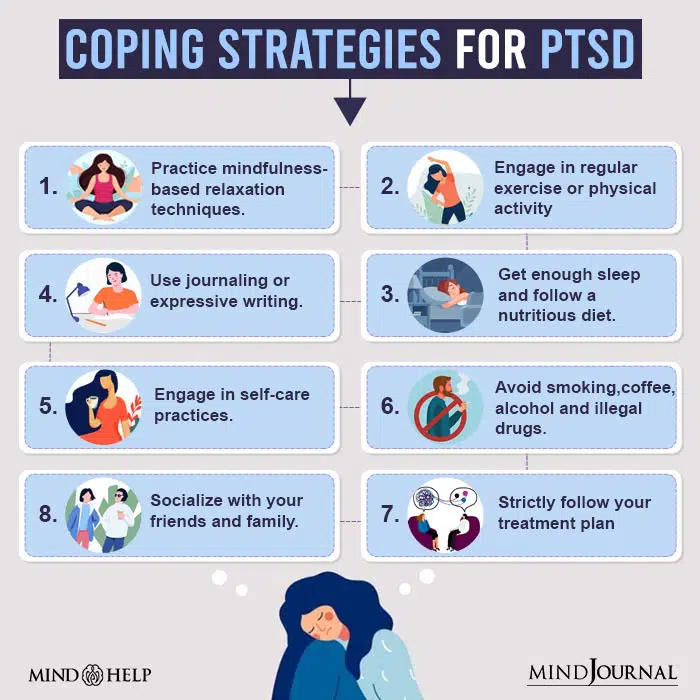
By allowing authorized psychiatrists to prescribe MDMA and psilocybin, Australia opens doors to innovative therapeutic options for patients grappling with PTSD and treatment-resistant depression.
As mental health gains recognition as a crucial aspect of overall well-being, this groundbreaking step exemplifies the country’s commitment to exploring alternative treatments that have shown promise in improving patients’ lives.
While challenges and concerns remain, ongoing research, careful implementation, and specialized care can pave the way for a brighter future in mental healthcare.
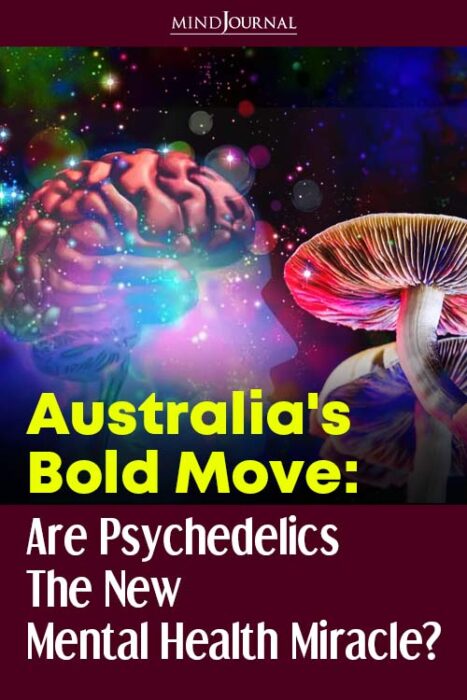
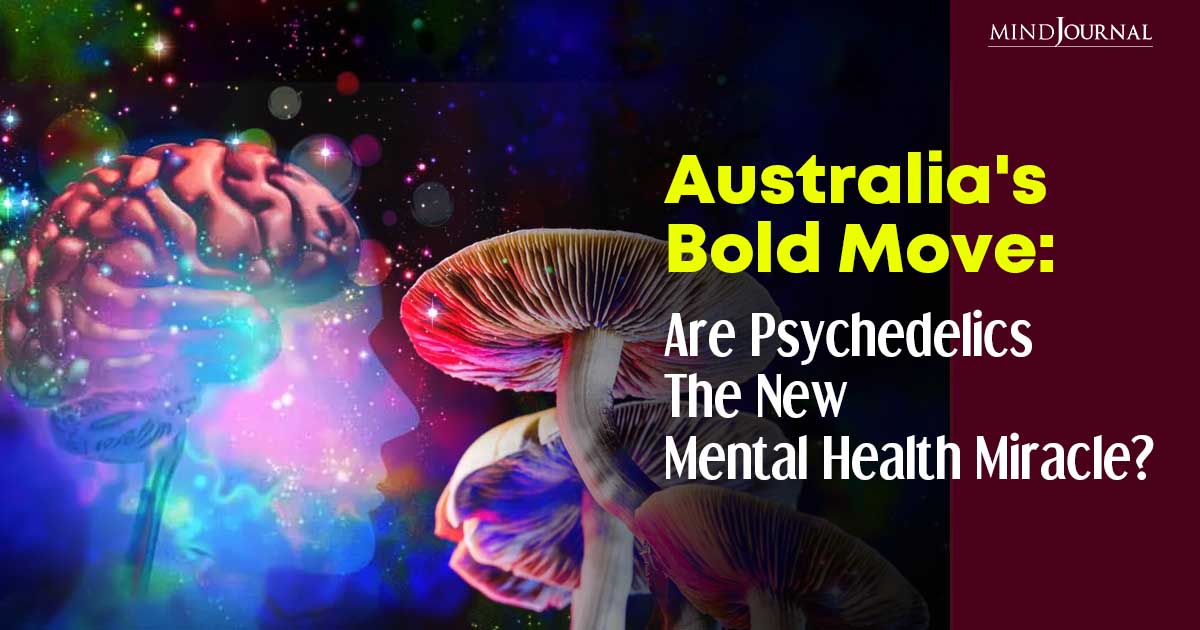







Leave a Reply
You must be logged in to post a comment.